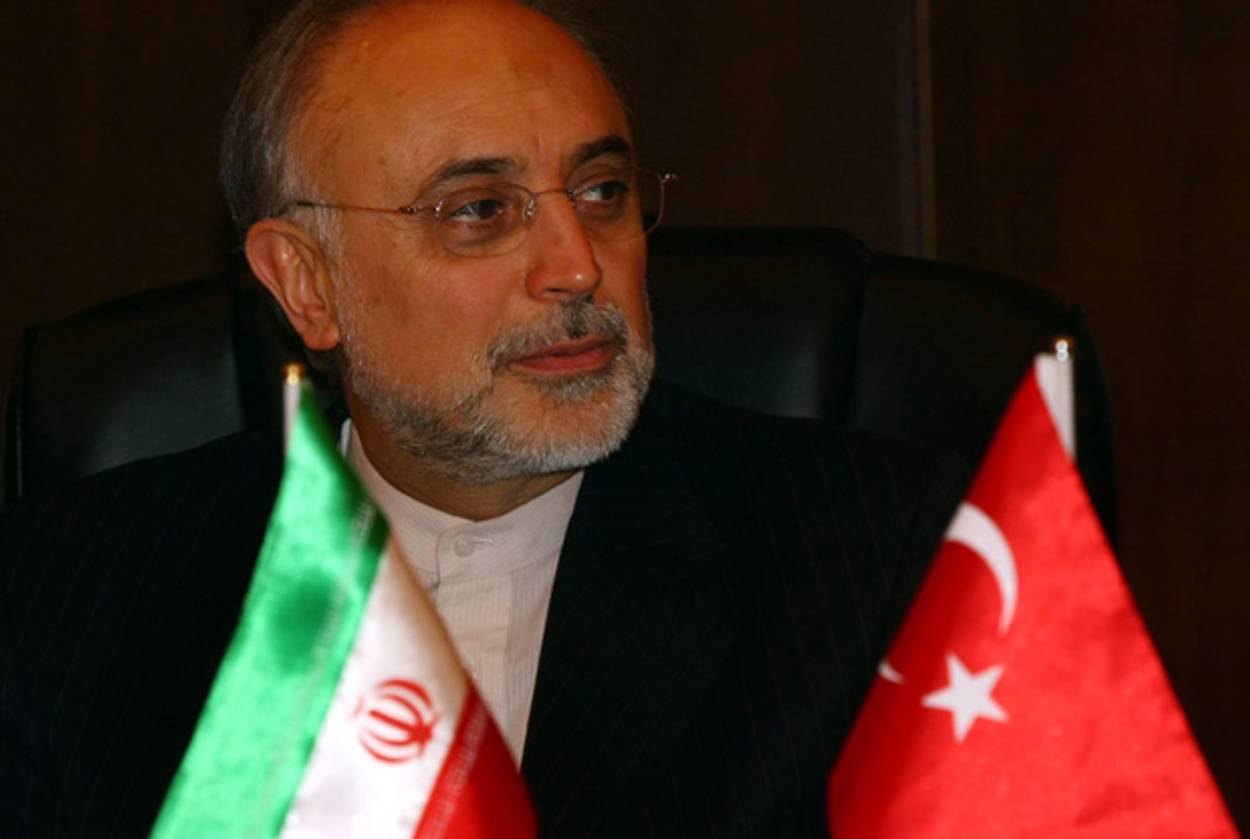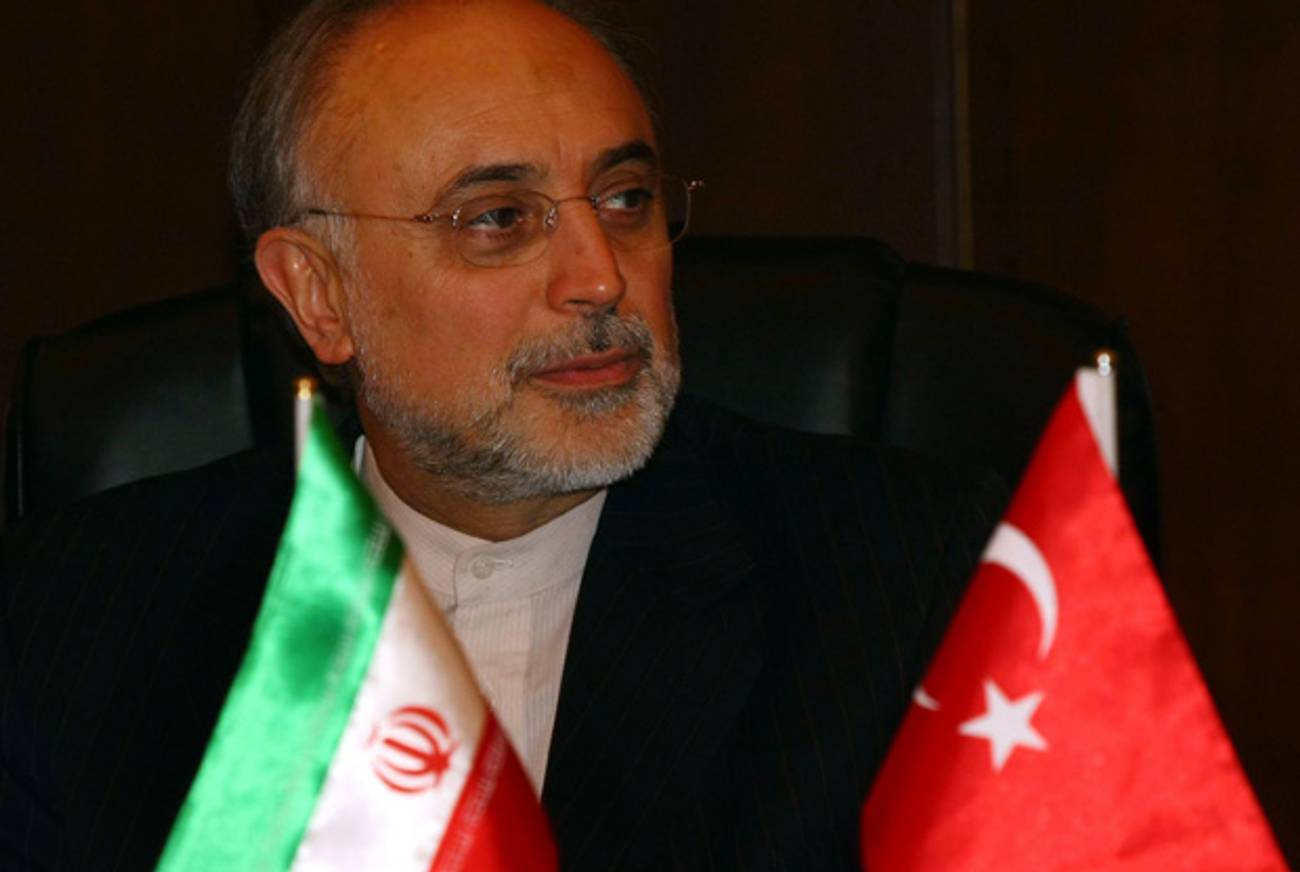On Iran, Most Roads Lead to Bad Places
A look at what could happen in the coming months




It feels like things involving Iran’s alleged nuclear weapons program and the United States’ attempts to halt it are slowly but surely coming to a head. Yesterday’s to-do concerned a missive the Obama administration sent Iran’s leaders. An Iranian parliamentarian reported that President Obama sent a letter reiterating that the U.S. considers closing the Strait of Hormuz, a crucial energy shipping lane, a “red line,” but also offering the prospect of face-to-face talks. The administration disputed this report: the letter was merely a standard diplomatic communication—apparently there’s a difference—and it did not propose direct engagement. This follows several tense events, most notably the announcement earlier this month that a second facility capable of enriching uranium to 20 percent (which is considered highly enriched and weapons-usable) came online in a heavily fortified bunker near Qom—breaking a crucial Israeli red line.
So what’s next? Here’s a rough discussion of possible outcomes. It’s not good.
Toward the end of the month, there are in theory supposed to be multilateral nuclear talks in Turkey. Laura Rozen reports that the U.S. and its allies plan, as a confidence-building measure, to ask Iran to stop enriching uranium to 20 percent and to hand over its existing supply in exchange for no further U.N. Security Council resolutions (the hope being that China and Russia can be brought around at least to back this threat). If Iran agrees, it could be seen as a starting point toward more substantive negotiations and a more comprehensive resolution; if Iran rejects this deal, it will raise tensions, and could lead to military conflict.
Within two to three months, the new U.S. sanctions against companies that deal with the Central Bank of Iran (including to buy oil) are expected to make a real, further dent in Iran’s economic situation, primarily by convincing oil importers to seek alternative sources. Iranian enemies such as Saudi Arabia are gearing up to provide more of the black stuff, but this could provoke Iran into closing the Strait of Hormuz, which much Saudi oil is dependent upon, and this would likely lead to military conflict.
Similarly, the sanctions, which have already done real damage, including by causing Iran’s currency to fall to a record low, could make for desperate times in Iran. Kenneth Pollack has a provocative article noting that the severity of the latest sanctions could be too much: they may do such a number on world energy markets that they (and even lesser sanctions) become diplomatically unfeasible, and the sanctions would be lifted; they may make Iran feel like they must take some sort of retaliatory measure, including perhaps a terrorist attack against a U.S. interest somewhere (or even in the U.S.), which would all but force military conflict.
In late June, Obama will probably have to start actually enforcing the sanctions against companies that continue to do business with Iran—including companies in friendly nations. This could lead to a lifting of sanctions or, alternatively, a more urgent hard line, which runs the risk of leading to military conflict.
Aren’t we leaving someone out? … Oh, right. Defense Minister Barak insisted yesterday that Israeli is “very far off” from deciding whether to launch a military strike against Iran’s program. Of course, he also insisted that his country and the U.S. “respect one another’s freedom of decision.” The Israelis are unconvinced by optimistic U.S. projections of the sanctions’ effects. They could get antsy or just determine that one too many red lines have been crossed and launch a military strike.
So, basically, hope something good happens in Turkey next week.
White House Disputes Iran Report Saying Obama Letter Offered Direct Talks [Yahoo! The Envoy]
U.S. Expects Iran Sanctions to Bear Results Within Two Months [JTA]
Are We Sliding Toward War With Iran? [TNR]
Barak Says Israeli Decision on Iran Remains ‘Far Off’ [WP]
U.S. Rejects Israeli Assessment That Iran Sanctions Are Ineffective [Haaretz]
Earlier: Iran Foes Try To Coax China
Marc Tracy is a staff writer at The New Republic, and was previously a staff writer at Tablet. He tweets @marcatracy.